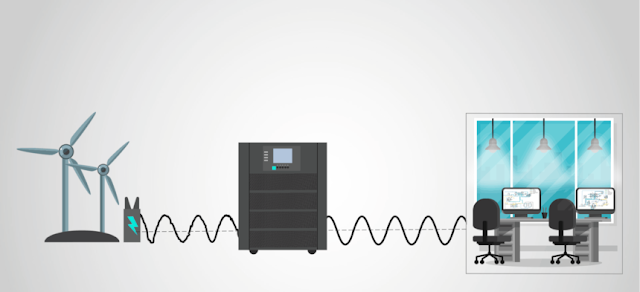Power Rental Market: Market Size and Growth During the Forecast Period 2023-2030
 |
| Power Rental Market |
The market for temporary power solutions that organizations and individuals can hire out is known as the Power Rental Market. In order to meet clients' temporary or emergency power needs, it entails renting a variety of power producing equipment, including generators, transformers, load banks, and distribution panels.
During the projection period of 2023–2030, the global Power
Rental Market is anticipated to expand from USD 9.8 billion in 2022 to USD
15.15 billion, registering a CAGR of 5.6%.
The surge in demand for consistent and dependable power supply is likely
to fuel the rapid expansion of the industrial sector and propel the growth of
the worldwide Power Rental Market.
Driving Factors
Infrastructure
Development:
Infrastructure projects such as construction of buildings, roads, bridges, and
power plants require temporary power solutions. The Power Rental Market benefits from the need to provide electricity
during the construction phase until permanent power infrastructure is
established.
Emergencies and Natural
Disasters: During
emergencies, power outages, or natural disasters, the power rental market plays
a crucial role in providing immediate and temporary power solutions to affected
areas. This includes powering essential services like hospitals, emergency
response centers, and critical infrastructure.
Restraining factors
Environmental Concerns:
The Power Rental Market relies on fossil
fuel-based generators, which can contribute to air pollution and carbon
emissions. Increasing environmental regulations and the push for cleaner energy
alternatives may pose challenges to the growth of the power rental market.
Capital Intensive
Market: The power
rental market requires substantial investments in equipment acquisition,
maintenance, and fuel management. The capital-intensive nature of the business
may deter new entrants or limit the expansion of existing companies.
Opportunities
Power generation technology advancements, such as more
energy-efficient and ecologically friendly generators, hybrid systems, and
renewable energy options, offer chances for innovation and market diversity. An
opportunity to adopt greener practises and provide eco-friendly power solutions
exists for power leasing companies given the increased focus on sustainability
and lowering carbon emissions.
Challenges
Fuel expenses can be unexpected and subject to price changes,
particularly for diesel generators. This makes it difficult for power rental
businesses to manage fuel procurement and service pricing while preserving
profitability
Beyond Geographical
growth
1. Brazil,
Argentina, Mexico, and the remainder of Latin America
2.
Germany,
the United Kingdom, Spain, France, Italy, Russia, and the rest of Europe
3.
China,
India, Japan, Australia, South Korea, ASEAN, and the rest of Asia Pacific
comprise Asia Pacific.
4.
GCC
nations, Israel, and the remaining Middle Eastern nations Africa: South Africa,
North Africa, and Central Africa
Market Segment Trends:
1.
Remote and Off-grid Power Solutions: Increasing demand for power rental
solutions in remote areas and off-grid locations where grid infrastructure is
limited or unavailable.
2.
Event Power Solutions: Meeting the power demands of
large-scale events, concerts, festivals, and sports tournaments with temporary
power solutions.
3.
Industrial and Construction
Applications:
Providing power rentals for temporary power needs in construction sites,
industrial projects, and infrastructure development



Comments
Post a Comment